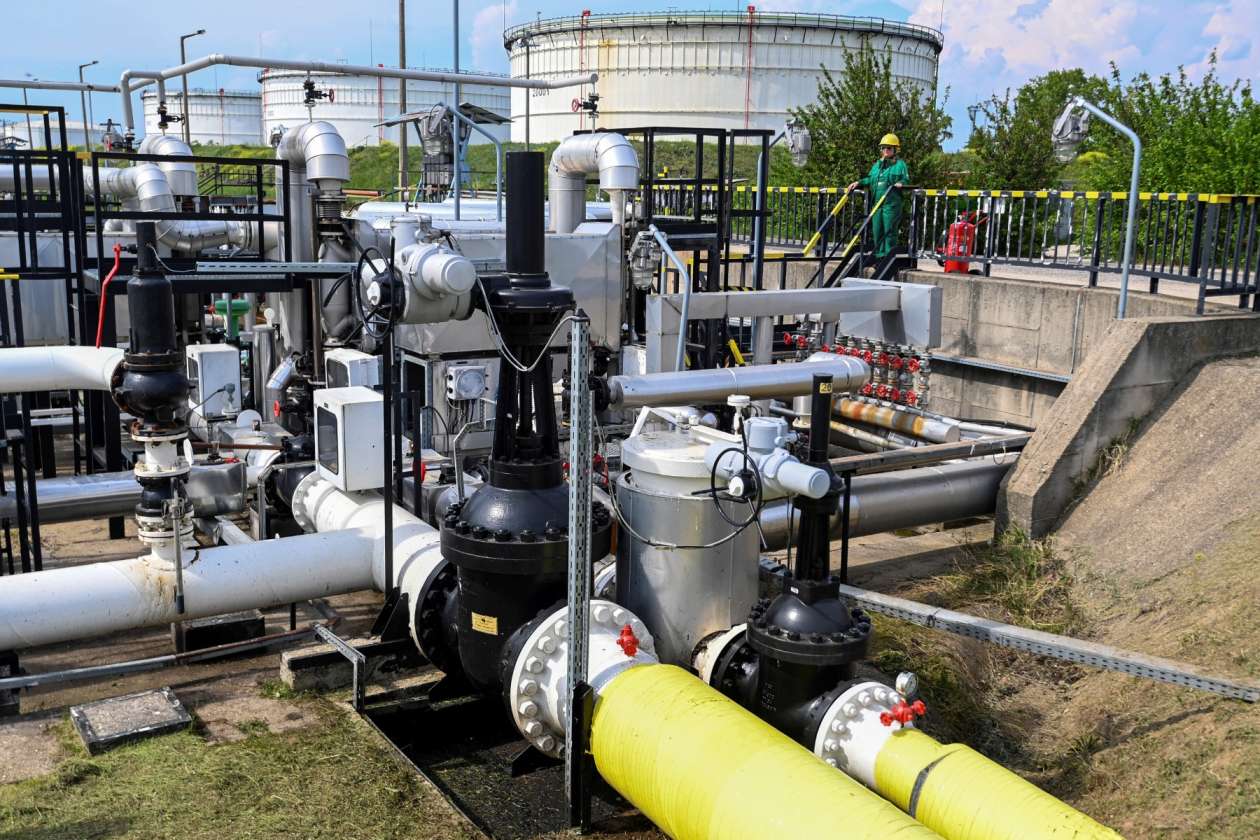TRIPOLI, LIBYA– Rivals in politically divided Libya have agreed to form a committee on sharing oil revenues, a move welcomed on Saturday by the UN, after military strongman Khalifa Haftar sought a “fair” split.
Haftar, who backs the country’s eastern administration, had last Monday called for a committee to address the issue. He threatened military action unless oil proceeds were divided fairly by the end of August.
Libya sits on Africa’s biggest oil reserves, but the wedge between the eastern government and the United Nations-backed administration in Tripoli has hampered Libya’s efforts to sharply ramp up output in response to a surge in European demand for non-Russian oil and gas.
The “Financial High Committee” has now been formed, Libya’s Presidential Council, the North African country’s highest executive body, said in a decree published Friday by local media.
UNSMIL, the UN Support Mission in Libya, said in a statement that it “welcomes the decision announced by the Presidential Council to establish a High Financial Oversight Committee to address fundamental issues of transparency in the spending of public funds and fair distribution of resources.”
UNSMIL noted “the political consensus” reflected in membership of the Committee, which will include nominees from the eastern-based House of Representatives, its Tripoli-based rival the High Council of State, the UN-backed Tripoli government, and Haftar’s forces.
Libya’s National Oil Corporation and central bank, which manage oil revenues and are both based in Tripoli, will also have representatives on the body to be headed by Mohamed al-Manfi, who leads the Presidential Council.
That body was formed in February 2021 as part of a UN-sponsored political process. It consists of three members, each representing one of Libya’s three regions.
UNSMIL said the financial oversight committee’s “inclusive approach” will also help enable “a level-playing field for all candidates in the elections”.
Ballots in Libya had been due in December 2021 but disputes including who should stand in the polls meant they were never organized.
The UN has been working to ease the sticking points, in the hopes that elections could take place this year.
Crude oil is the main revenue source for Libya, which has been torn by more than a decade of stop-start conflict, involving foreign powers and a myriad of militias, since a NATO-backed revolt toppled strongman Moamer Kadhafi in 2011.
Pro-Haftar forces have in the past blockaded the country’s oilfields, which in May produced around 1.2 million barrels per day, according to the Organization of the Petroleum Exporting Countries (OPEC).

